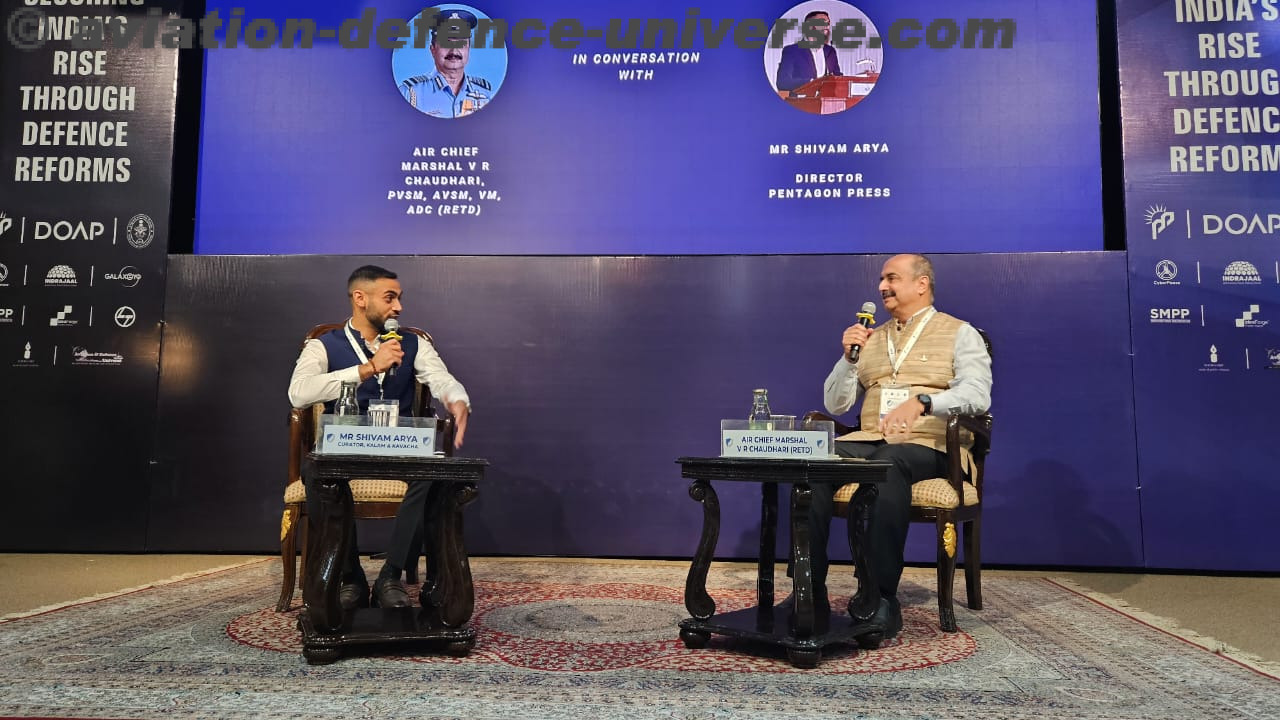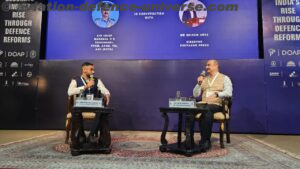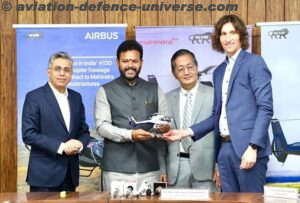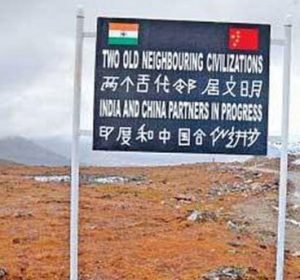
By JK Verma
New Delhi.01 May 2016. Arguably India’s most important neighbour is China and every little change in the long turbulent relationship between the two Asian giants, makes not only the region but also the world look up and take stock.
Recent times have been quite significant in India China relations as high level meetings of leaders of both the countries were held, China supported Masood Azhar a known Pakistani terrorist in United Nations and India issued and later revoked visa to a Uyghur leader against whom Interpol has issued a red corner notice on insistence of China.
The powerful National Security Advisor Ajit Doval visited China on April 20 and participated in 19th round of boundary talks with his counterpart Yang Jiechi, besides border dispute talks were also held on other strategic, regional and bilateral issues including counter-terrorism. The border skirmishes are considerably declined in the recent past and both sides decided to have peaceful negotiations.
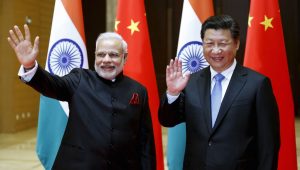 Before Doval, Indian’s Defence Minister Manohar Parikar reached China on April 16 on a five day visit and Indian External Affairs Minister Sushma Swaraj also met her Chinese counterpart Wang Yi during 14th Russia-India-China summit held at Moscow on April 18.
Before Doval, Indian’s Defence Minister Manohar Parikar reached China on April 16 on a five day visit and Indian External Affairs Minister Sushma Swaraj also met her Chinese counterpart Wang Yi during 14th Russia-India-China summit held at Moscow on April 18.
These high level meetings were essential to diffuse the tension which had emerged due to China’s blocking of listing of Masood Azhar Chief of Jaish-e-Mohammed (J-e-M) as an international terrorist in the United Nations.
Besides these meetings President Pranab Mukherjee would be visiting China next month and Chinese President Xi Jinping would also visit India in 2016 to attend BRICS Summit while Prime Minister Modi would make a trip to Hangzhou to participate in G 20 meeting.
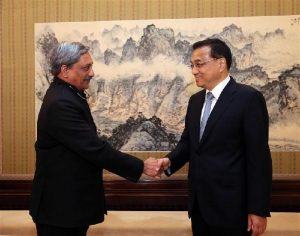 There is a stalemate in border talks since 2005 and now China is emphasizing that as it settled territorial disputes with 12 out of 14 neighbors excluding India and Bhutan hence India should also resolve border disagreement. There are no demarcations on 3488 KMs Line of Actual Control (LAC) which results in border skirmishes and it generates animosity between two nuclear nations. Hence both countries desire to solve the border dispute amicably but China claims that the dispute is only in Arunachal Pradesh which it declares as part of Southern Tibet while India affirms that disagreement is in whole of LAC including Aksai Chin which was captured by China in 1962 war.
There is a stalemate in border talks since 2005 and now China is emphasizing that as it settled territorial disputes with 12 out of 14 neighbors excluding India and Bhutan hence India should also resolve border disagreement. There are no demarcations on 3488 KMs Line of Actual Control (LAC) which results in border skirmishes and it generates animosity between two nuclear nations. Hence both countries desire to solve the border dispute amicably but China claims that the dispute is only in Arunachal Pradesh which it declares as part of Southern Tibet while India affirms that disagreement is in whole of LAC including Aksai Chin which was captured by China in 1962 war.
Both Parrikar and Doval highlighted the increasing interference of China in Pakistan Occupied Kashmir (POK) especially about constructing of China Pakistan Economic Corridor (CPEC) worth USD 46 billion under which several projects would be constructed in POK which is legally an Indian territory but unlawfully occupied by Pakistan.
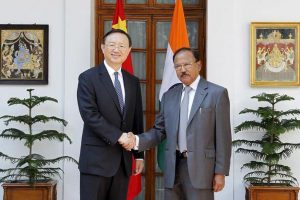 Both Parrikar and Doval met Chinese Premier Li Keqiang who emphatically mentioned that all disputes should be sorted out amicably and the ties between both the countries must strengthen. He told Doval that the Special Representatives should try to resolve the border dispute peacefully and through diplomatic channels. He emphasized that peace and tranquility should be maintained in the region and efforts should be made to enhance economic cooperation till the border issue is resolved. At present the world economy is stagnant but India and China are achieving high economic growth hence they must work in cohesion and cooperation in all spheres so that the world at large also get a message that both the countries are working in cohesion. Doval also discussed about increasing trade deficit of India with China which has reached to USD 48.5 billion. Doval requested for inclusion of more items in India’s export list so that the trade imbalance can be reduced.
Both Parrikar and Doval met Chinese Premier Li Keqiang who emphatically mentioned that all disputes should be sorted out amicably and the ties between both the countries must strengthen. He told Doval that the Special Representatives should try to resolve the border dispute peacefully and through diplomatic channels. He emphasized that peace and tranquility should be maintained in the region and efforts should be made to enhance economic cooperation till the border issue is resolved. At present the world economy is stagnant but India and China are achieving high economic growth hence they must work in cohesion and cooperation in all spheres so that the world at large also get a message that both the countries are working in cohesion. Doval also discussed about increasing trade deficit of India with China which has reached to USD 48.5 billion. Doval requested for inclusion of more items in India’s export list so that the trade imbalance can be reduced.
India issued visa to Dolkun Isa leader of World Uyghur Congress (WUC) to attend a conference organized by Yang Jianli a pro-democracy group leader on April 28 at Dharamsala India. Chinese allege that Dolkun Isa and Rebiya Kadeer both leaders of WUC organized terrorist activities in Muslim majority Xinjiang region while WUC mention that they only draw world attention towards the atrocities committed by Chinese authorities on Uyghur community.
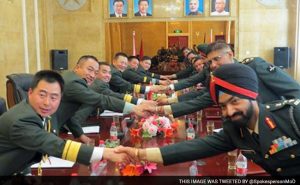 In 2009 India refused visa to Rebiya Kadeer however this time India issued visa to Isa just after China favored Pakistan by blocking India’s move towards Masood in UN although India revoked the visa later but it gave a clear message to Chinese leadership that if they would help terrorists like Masood who are involved in carrying out terrorist activities in the country, India would not hesitate in assisting terrorists who are working against China.
In 2009 India refused visa to Rebiya Kadeer however this time India issued visa to Isa just after China favored Pakistan by blocking India’s move towards Masood in UN although India revoked the visa later but it gave a clear message to Chinese leadership that if they would help terrorists like Masood who are involved in carrying out terrorist activities in the country, India would not hesitate in assisting terrorists who are working against China.
It is also an intelligent diplomatic move to issue the visa to Isa and then revoke it because on one hand it gave a strong message to China and on the other hand at present India is in no position to challenge China as the later is much stronger hence India needs to strengthen itself, fortunately the present government is equipping defence forces and also trying to produce weapons indigenously. The border road organization is also constructing roads and bridges on India- China border.
India should also try to inculcate cordial relations with all the countries which have hostile relations with China. India can have friendly relations with United States as it wants to contain China. India and USA signed India-US military logistics deal on April 12 when United States Defence Secretary Ash Carter visited New Delhi. The agreement would enhance defence cooperation between India and United States.
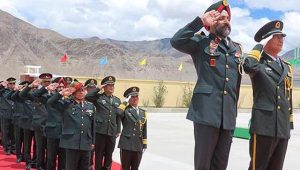 However India should not play the role of a frontal state to restrain China in Asia Pacific region. In fact India should try to have close economic relations with China as both countries are members of BRICKS (Brazil, Russia, India, China and South Africa), Shanghai Cooperation Organization and several other pacts. India should try to get Chinese assistance in several fields including development of infrastructure, railways, technology, aerospace, energy etc. China has lot of surplus cash which can be invested in the development of infrastructure in India.
However India should not play the role of a frontal state to restrain China in Asia Pacific region. In fact India should try to have close economic relations with China as both countries are members of BRICKS (Brazil, Russia, India, China and South Africa), Shanghai Cooperation Organization and several other pacts. India should try to get Chinese assistance in several fields including development of infrastructure, railways, technology, aerospace, energy etc. China has lot of surplus cash which can be invested in the development of infrastructure in India.
The construction of Bangladesh-China-India-Myanmar economic corridor which both India and China are sponsoring would boost the trade between all these countries and it will be beneficial for all including India.
Both India and China are fast developing economies and several countries in the world may like to put a break on the economic progress of these giant neighbors. These countries would try to augment the differences as there are few points of disputes between India and China but leadership of both the countries should act cautiously and all the disputes including border disputes should be sorted out amicably.
(Jai Kumar Verma is a Delhi-based strategic analyst and a retired R&AW officer. The views in the article are solely the author’s. He can be contacted at editor.adu@gmail.com)











